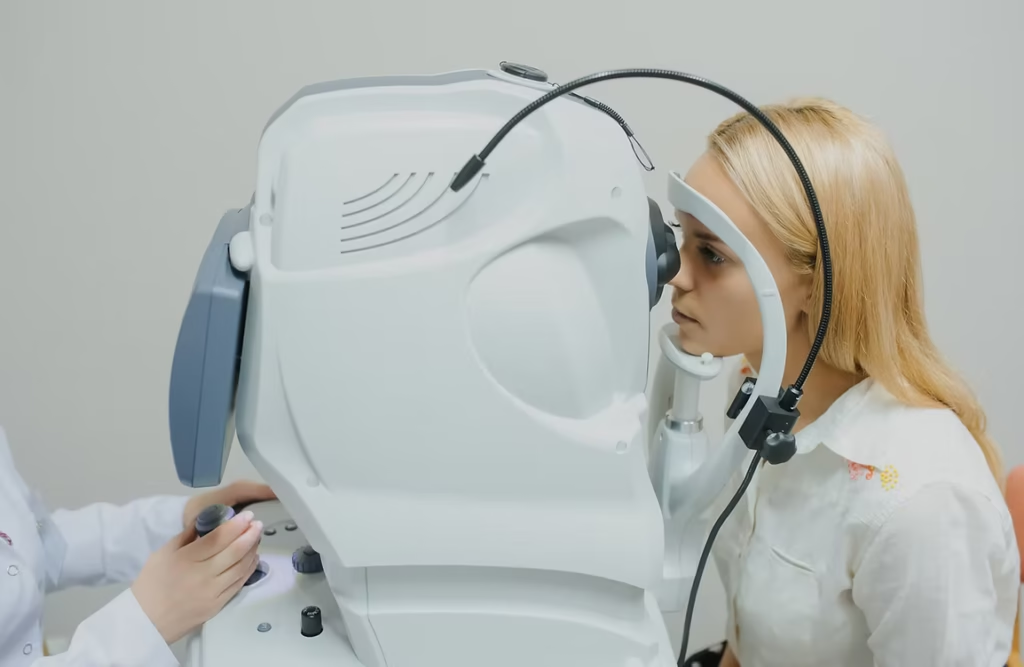Getting regular eye exams is an important part of maintaining good ocular health. Regardless of whether you notice changes in your vision or not, regular eye exams can help catch ocular diseases and other diseases in their early stages, making them easier to treat and manage.
During one of your regular eye exams at Optometrists Clinic Inc, your optometrist may recommend that you get an OCT scan. Utilizing a laser that emits no radiation, an Optical Coherence Tomography eye exam captures high-resolution, 3-D cross-sectional images of the retina and optic nerve. Through color-coded imaging, this non-invasive procedure serves as a vital tool in the early identification and management of ocular conditions and diseases that may manifest without any discernible symptoms.
Benefits of an OCT Scan
- OCT scans allow optometrists to detect eye diseases at an earlier stage. Since there exists no cure for numerous eye conditions, an early diagnosis can often be the strongest defense.
- An OCT exam is a painless process that does not require any invasive procedures.
- OCT scans also help optometrists track the development of ocular conditions, making it easier to manage them effectively in the long-term.
- OCT exams can help identify certain eye disorders in children, a task that can sometimes be challenging.
- Aside from identifying eye diseases, OCT exams can also help diagnose other neurological and vascular conditions.
Eye Disease Detection Through OCT Scans
An OCT scan can detect a wide array of ocular diseases and conditions such as:
- Abnormal blood vessels
- Age-related macular degeneration (AMD)
- Blood vessel blockage
- Central serous chorioretinopathy
- Diabetic retinopathy
- Drusen
- Epiretinal membrane
- Glaucoma
- Macular edema
- Macular hole
- Macular pucker
- Neovascularization
- Optic disc edema
- Optic nerve head drusen
- Retinal detachment
- Retinal occlusions or bleeding
- Retinal pigment epithelium detachment
- Retinoschisis
- Vitreomacular traction
Do I Need an OCT Exam?
OCT scans can be very helpful even if you do not suspect any underlying eye conditions. Numerous eye conditions can manifest without any noticeable symptoms. By the time symptoms do appear, an eye condition may already be quite advanced and have caused damage to your eye health. Without proper treatment, these symptoms will not disappear.
Going for OCT exams when indicated allows you and your optometrist to stay informed about the emergence of some conditions. An OCT exam is advisable for many people, especially as they age, but it is most often recommended for patients with either a personal or a family history of eye disease. Do conditions such as glaucoma, macular degeneration, or diabetes run in your family? Scheduling an exam that might include OCT exam might be a good idea to ensure that your eyes are healthy.
Will I Get an OCT Test at My Next Eye Exam?
You may be asked to get an OCT test if you show risks of developing eye conditions or if you have previously been diagnosed with an eye disease. Your optometrist may need further scans and information to monitor your condition and suggest appropriate treatments.
If your optometrist has not scheduled an OCT test at your routine exam, you may still ask if it’s appropriate for you if you believe you are at risk for certain ocular diseases. At Optometrists’ Clinic Inc., we provide a range of eye exams to help you address your ocular concerns.
Would you like to schedule an OCT exam with us? Get in touch with us today to book your appointment in Edmonton, Leduc or Leduc.



